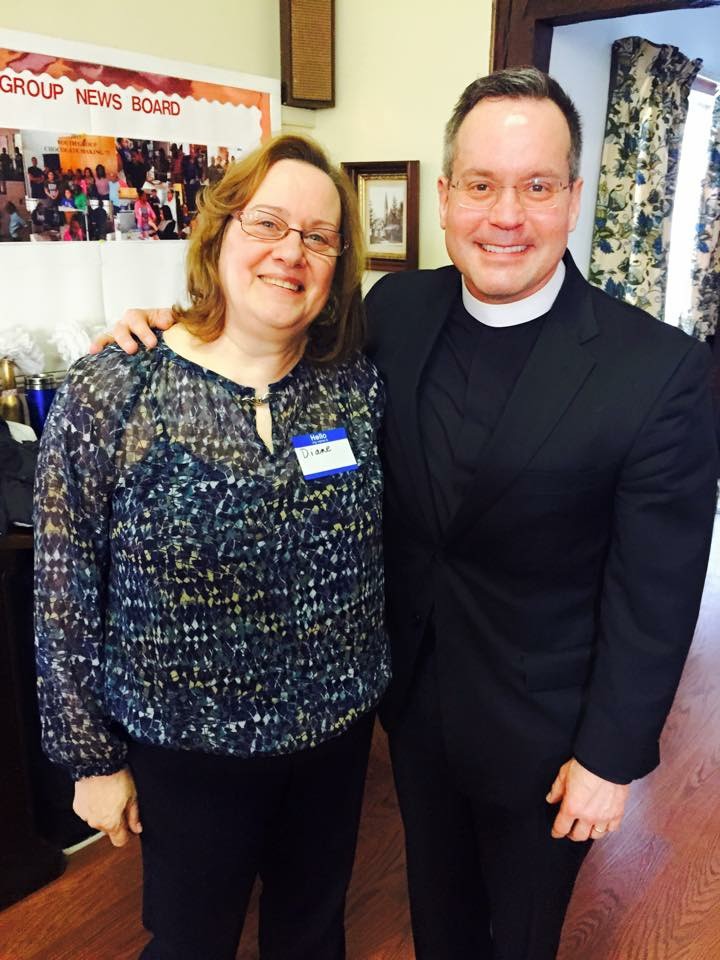Same-sex ruling creates more questions
Five Towns religious leaders positive about Supreme Court decision
A 5-4 ruling by the U.S. Supreme Court last week made same-sex marriage legal throughout the nation. In the court’s majority opinion it said that there are First Amendment protections for those who oppose same-sex marriage on a religious basis, and that they “may continue to advocate with utmost, sincere conviction that, by divine precepts, same-sex marriage should not be condoned.” The court gave the losing side about three weeks to seek reconsideration.
The decision’s narrow margin and decisions by three states will most likely continue to generate debate throughout the country. On Monday, Alabama implemented a
25-day ban on such unions. In Texas, State Attorney General Ken Paxton said that state workers can refuse to grant marriage licenses to same-sex couples if doing so violates their religious beliefs.
Clerks of court in Louisiana were advised by the state’s Clerks Association to wait for the end of the three-week period for the Supreme Court to consider a rehearing of the case. Jefferson Parish Clerk of Court Jon Geggenheimer said his office was issuing licenses as of Monday, the Associate Press reported.
In the Five Towns a few religious leaders have reactions ranging how Jewish people — observant and secular — will resolve certain questions to how a gay pastor views same-sex marriage.
“The Jewish religious tradition and its daughter faiths do have prescription against certain sexual relations. How will the Supreme Court handle this legally? But also theologically,” Ginsburg said. This is not new to the Jewish community. Jews have been trying to work through their traditions and be sensitive to human beings. The country is taking a moral stance. How do we square the legal law with the moral law? More broadly, this decision is an attempt to be inclusive of a population that feels ostracized and there is merit in it.”
Trinity-St. John’s Episcopal Church in Hewlett is led by Rev. J. Christopher Ballard, a gay man who has been married to his husband, Seale Ballenger, for 16 years. Ballard believes that the Episcopal Church of Long Island is what he calls “post-gay.”
“What that means is that we are on the other side of the issue,” he said. “Our focus is on how to better the ‘Kingdom’ and help the least among them now that marriage equality is the law of the land. There is concern that this law will impose upon faith leaders to marry same-sex couples. We are not agents of the state. We don’t have to marry anyone we don’t want to, and it breaks my heart that faith leaders aren’t able to distinguish the fact that we have a secular government.”
History and civil rights were on the mind of Rabbi Jay Rosenbaum as he said that government bans regarding sexual relationships creates reminders when, especially in the Jewish past, it was dictated to people who they could love and marry.
“In many ways this is a civil rights amendment for the LGBTQ (lesbian, gay, bisexual, transgender, questioning) community,” Rosenbaum said. “In keeping the position of the reform movement and the position in philosophy, Temple Israel of Lawrence applauds that same-sex couples, intermarried couples and all individuals that make up the beautiful and diverse tapestry that is America are welcomed and embraced.”
Carina Kohn contributed to this story.






